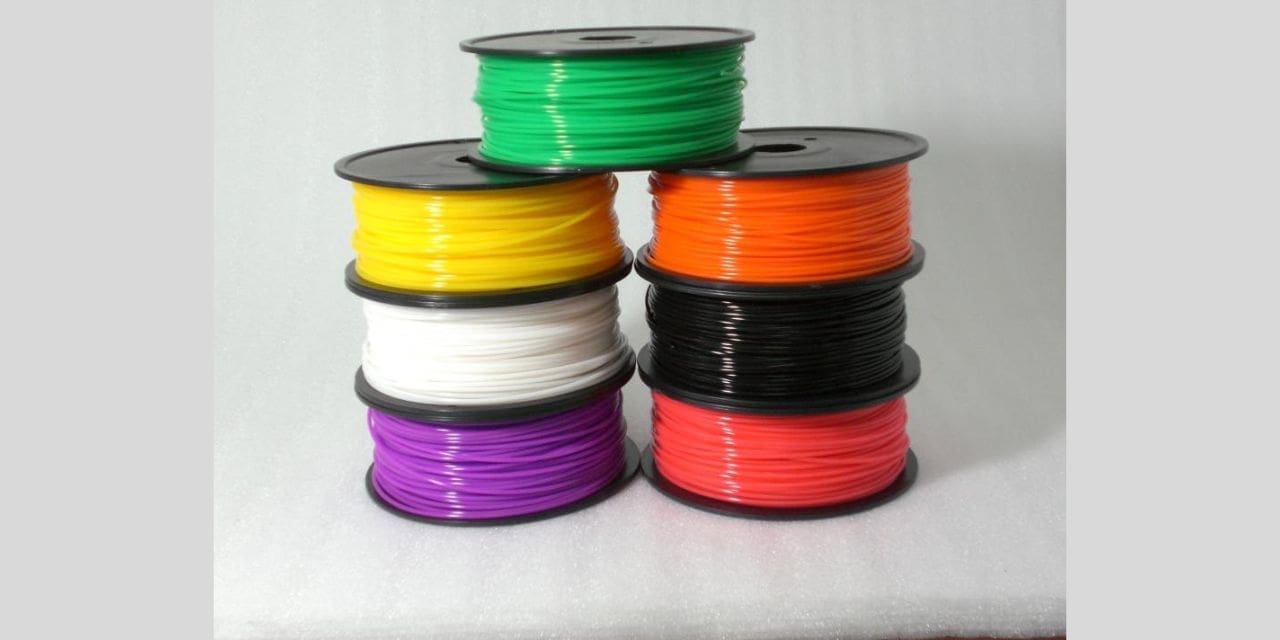The report “3D Printing Materials Market by Form (Powder, Liquid, Filament), Type (Plastic, Metal, Ceramic), Technology, Application, End-Use Industry (Automotive, Aerospace & Defence, Healthcare, Consumer Goods, Construction), and Region – Global Forecast to 2027″, is expected to grow from USD 2.5 billion in 2022 to USD 7.9 billion by 2027, at a CAGR of 25.6% during the forecasted period. The 3D printing materials market is witnessing significant growth because of the growing demand from healthcare, automotive, aerospace & defense, and consumer goods.
Browse
• 328 Market data Tables
• 75 Figures
• 387 Pages and in-depth TOC on “3D Printing Materials Market – Global Forecast to 2027″
Some of the prominent key players are:
· 3D Systems Corporation (US)
· Stratasys (US)
· Arkema SA (France)
· Materialise NV (Belgium)
· Evonik Industries AG(Germany)
· General Electric (US)
Opportunity: Adoption of 3D printing technology in home printing
The 3D printing technology has been in the market from the last 30 years, but the sudden increase in the hype is due to the availability of home 3D printers. These home printers are available in the market at very low costs, which is boosting the demand for home 3D printers leading to the high growth of the 3D printing materials market. Currently, these printers are available in homes, offices, computer stores, and shopping hubs, where one can create inexpensive products in a considerably short span of time.
In terms of volume, plastics to hold the largest market share during the forecast period
Demand for 3D printing plastics has significantly risen for creating prototypes over the past few years. Higher numbers of manufacturers are expected to utilize additive manufacturing for high-volume production. Lucrative market opportunities prevail for the market in aftermarket applications as manufacturers increasingly utilize additive manufacturing technology to produce new components in the aftermarket industry. 3D printing plastics have created several significant transformations in the automotive manufacturing industry, including products that are safer, cleaner, lighter, and in newer designs. Several original equipment manufacturers (OEMs) utilize additive manufacturing for creating automotive prototypes and high-volume direct manufacturing.
Europe is the second-largest region in terms of value during the forecast period
Europe is the second major market in terms of the consumption of 3D printing materials. It has a significant number of existing manufacturers that are actively participating in development activities, especially in expansions and new product launches. The region has the presence of major 3D printing manufacturers such as EOS GmbH (Germany), Materialise NV (Belgium), Sandvik AB (Sweden), Arkema (France), and Höganäs AB (Sweden). Europe is home to major automotive and, aerospace & defense industries that are responsible for the augmenting demand for 3D printing materials in the region. The increasing usage of 3D printing materials in the healthcare industry is playing a major role in the increasing demand for 3D printing materials. Governments in Europe are significantly adopting additive manufacturing in the manufacturing sector.
Recent Developments :
• In November 2022, Stratasys launched a new ABS-based carbon fiber material for its award-winning F123 Series 3D printers, the platform's first composite material. Carbon fiber materials have proven extremely popular for various end-use applications such as jigs, fixtures, and tooling on Stratasys' industrial-scale FDM 3D printers. Stratasys makes carbon fiber much more accessible with FDM ABS-CF10 and high-performance F170, F270, and F370 3D printers to the engineering and manufacturing communities.
• In August 2022, Sandvik signed and completed an agreement to acquire 100% of the equity interests in Switzerland-based Sphinx Tools Ltd and its wholly owned subsidiary P. Rieger Werkzeugfabrik AG (Sphinx Tools). Sphinx Tools' offering primarily consists of precision solid round tools (micro tools) and surgical cutting tools. The customers are mainly in the automotive, aerospace, and medical segments. The company is expected to be reported in Sandvik Coromant, a division within Sandvik Manufacturing and Machining Solutions.

